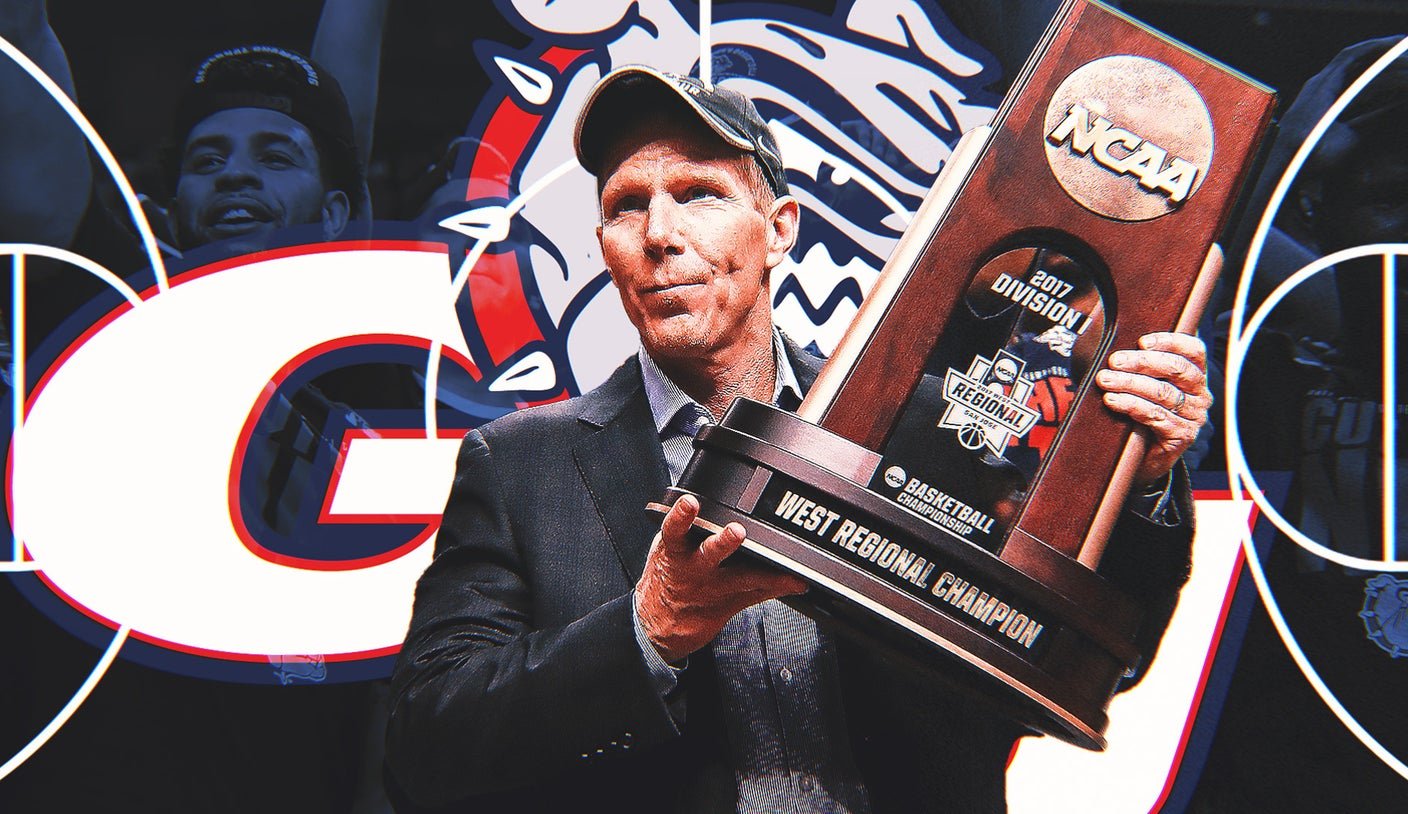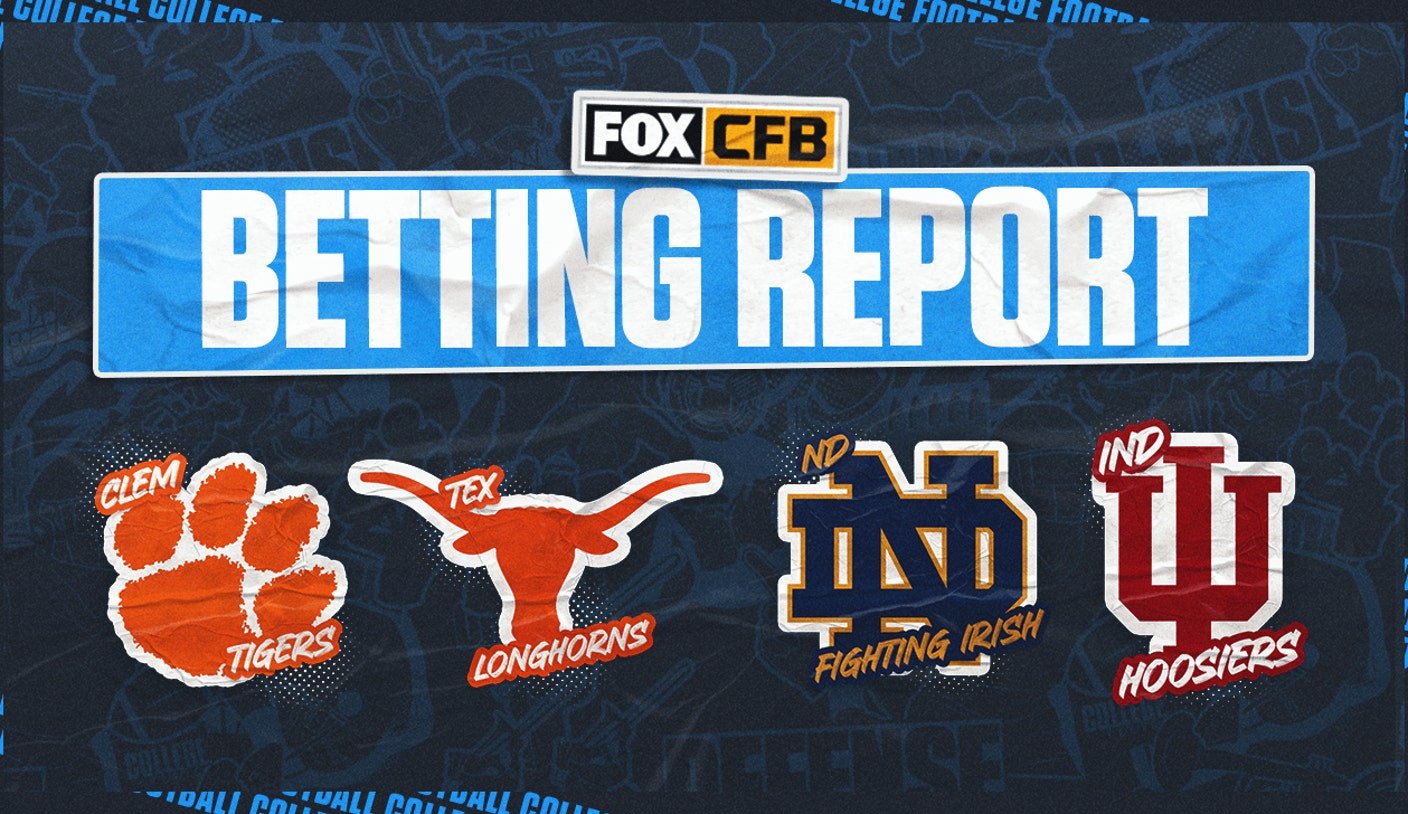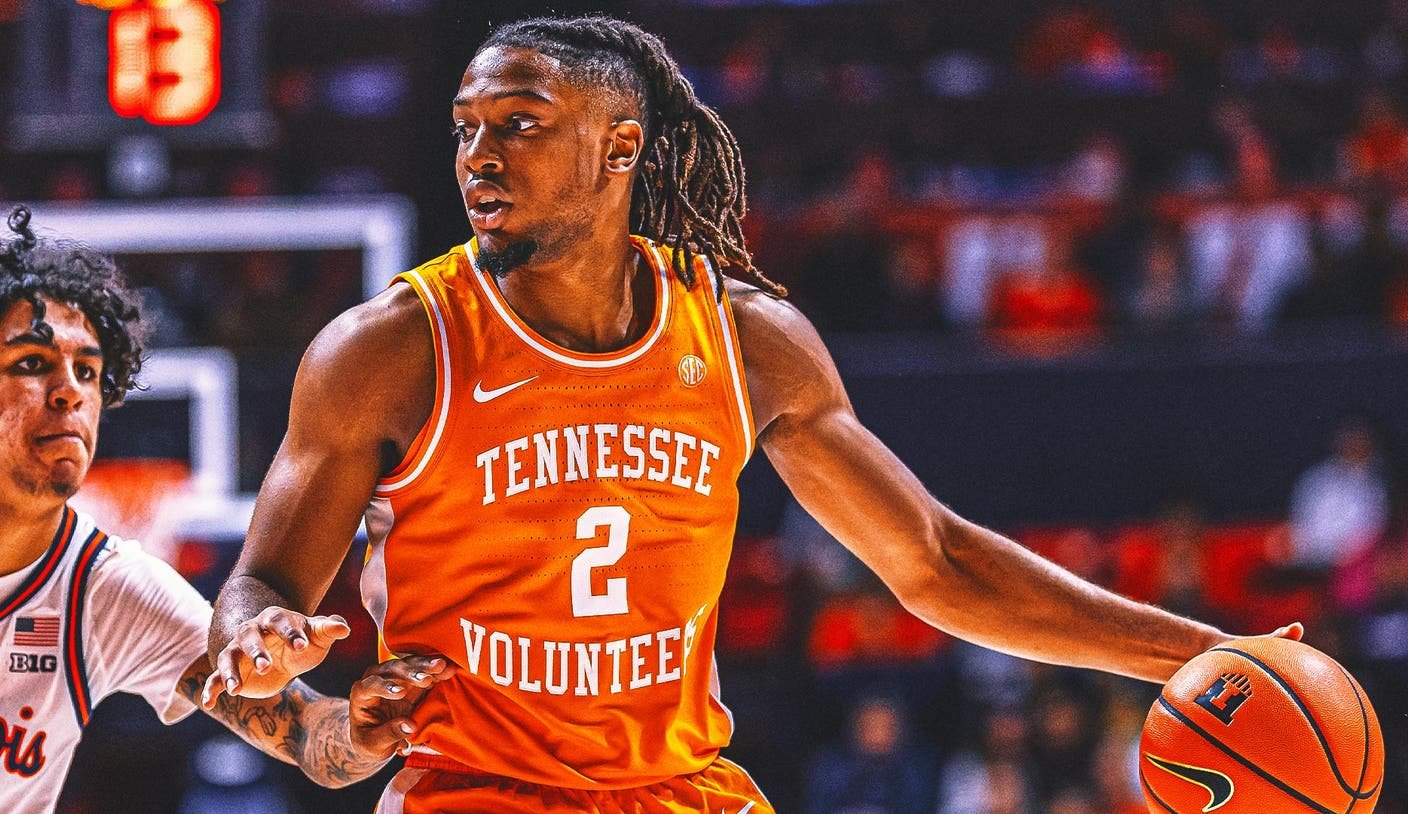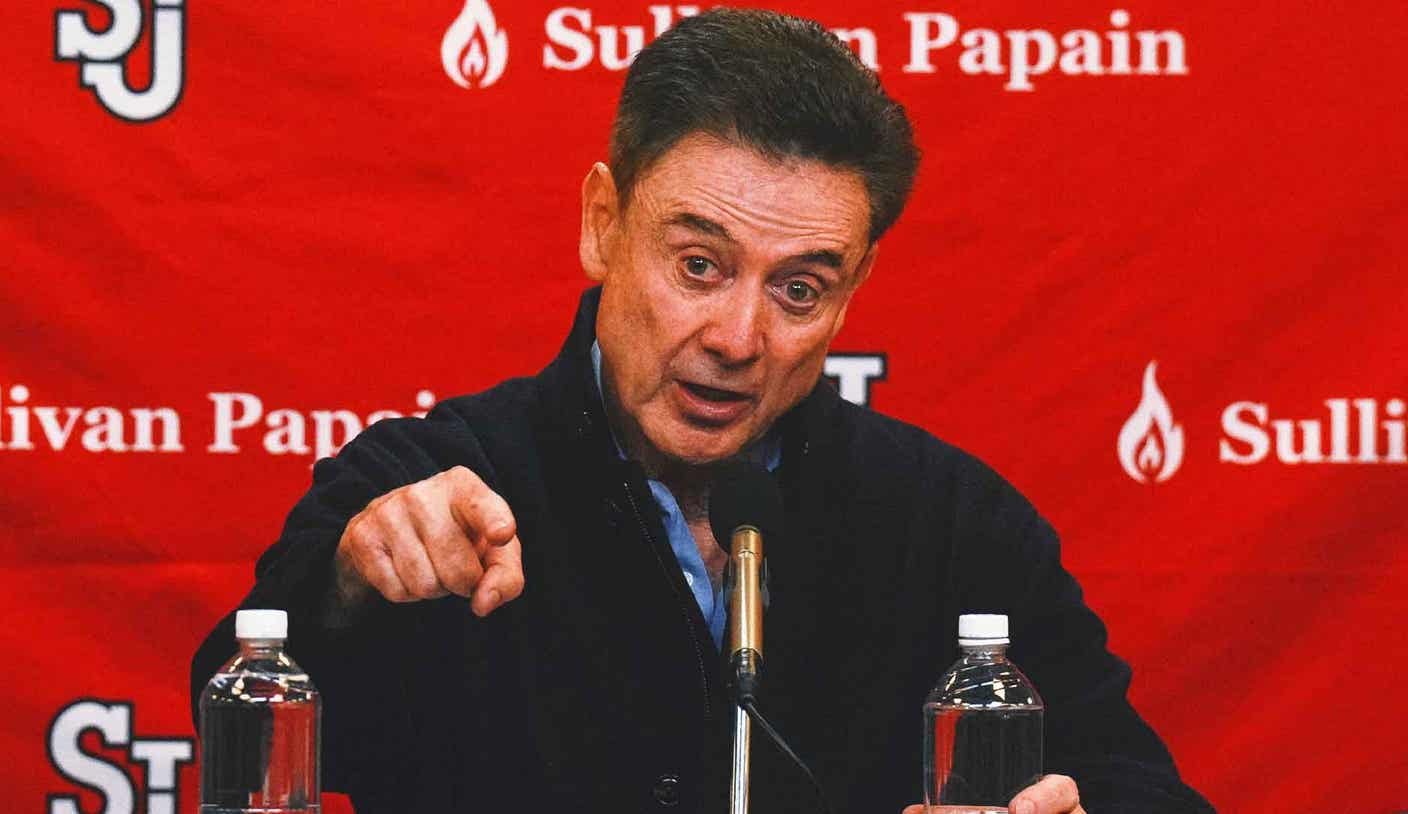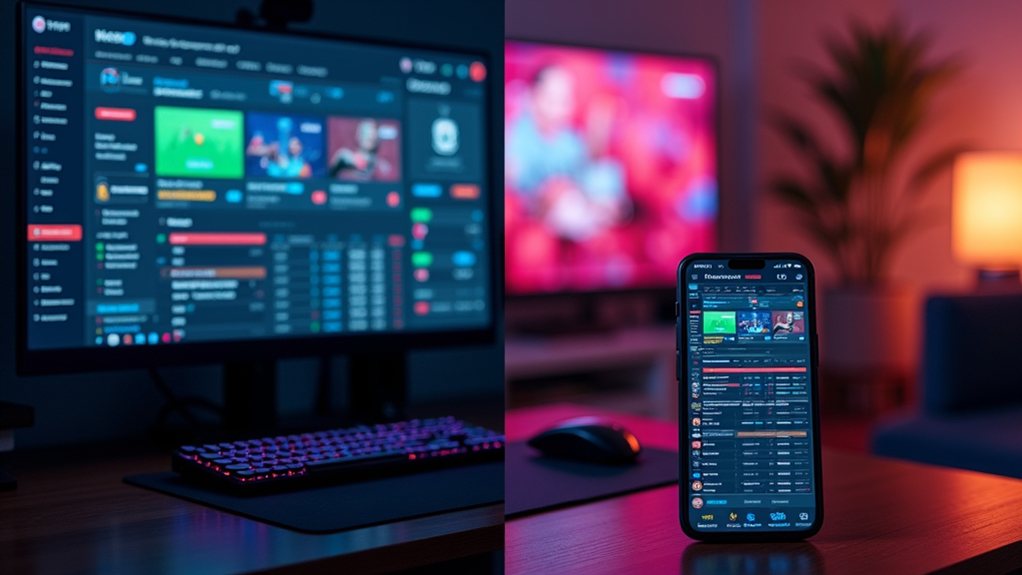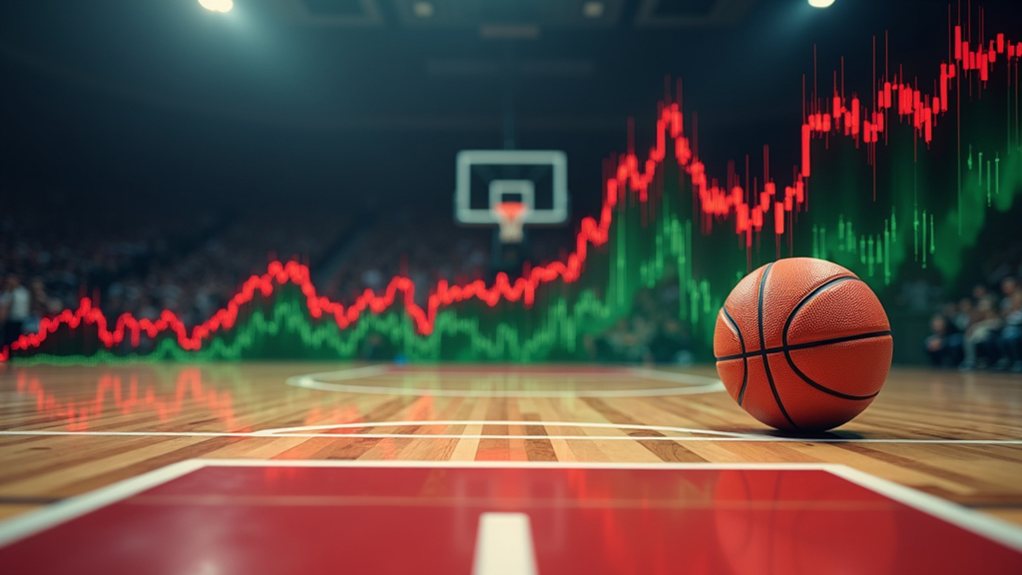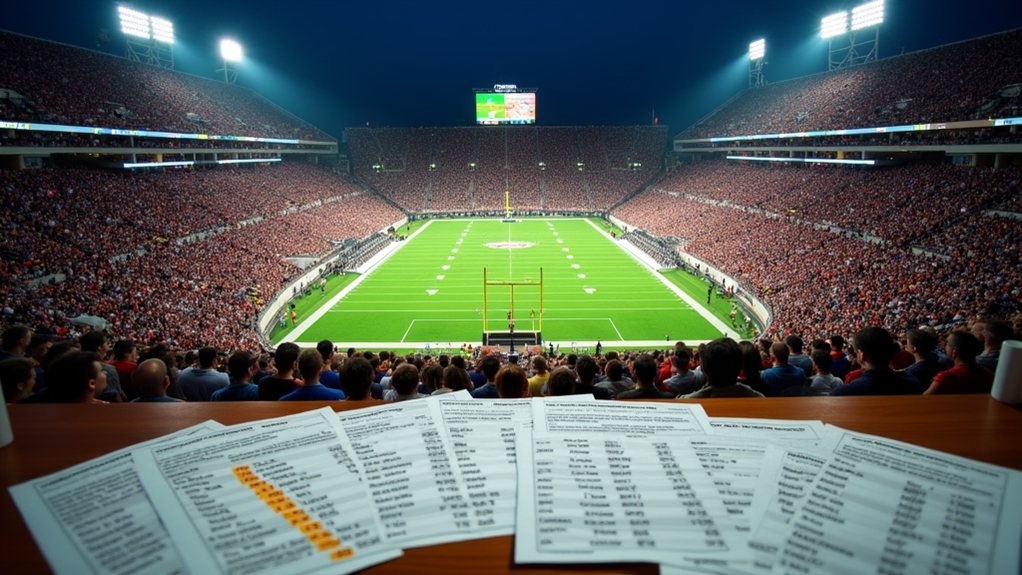Gonzaga’s Mark Few relies on his competitive spirit to navigate the ever-changing landscape of college basketball. On July 24, 1999, a 36-year-old Few found himself driving along Interstate 405 on the West Coast, contemplating the future of Gonzaga’s basketball program as he prepared to recruit for Dan Monson. That day, a pivotal phone call forced Few to pull over, as he realized the magnitude of the news he was about to receive.
Monson was set to leave for Minnesota after leading Gonzaga to its first Elite Eight appearance, yet he wasn’t extending an invitation to Few. Instead, Gonzaga’s athletic director, Mike Roth, had already made a decisive choice: Few would take the helm as the Bulldogs’ new head coach. With eight of the top ten players returning from that historic team, the university sought a familiar and trusted leader to usher in a new chapter.
“This was a no-brainer,” Roth declared during Few’s introduction, highlighting his extensive experience as an assistant coach over the previous 11 years. “We didn’t need to do a search. We couldn’t find a better coach than Mark.”
Recently, FOX Sports had the opportunity to engage with Few, a USA Basketball Olympic gold medalist and 723-game winner, discussing his current Gonzaga squad, the lessons learned from a narrow 90-89 defeat to No. 5 Kentucky, and his perspective on retirement as the No. 8-ranked Zags prepare for a heavyweight clash against the back-to-back reigning national champion No. 18 UConn.
John Fanta: What’s your thought process coming off a game as dramatic as the Kentucky one on Saturday night, and how do you respond this week heading into the matchup with UConn?
Mark Few: “The big thing is we’re in final exams week, so you’re just trying to find the practice times to manage everything and squeeze in the work on the court. It starts with that, and it was a tough, hard-fought game. We got back late, so we’ve tried to mix in a little rest, and we’ll start to ramp up the work again once the finals get less arduous.”
“But the biggest thing I told the guys is, ‘Hey, we’re two possessions away from being undefeated after playing a killer schedule.’ So I hope we’re understanding all of that, but now let’s make some corrections to some of the mistakes we made in the Kentucky game.”
Reflecting on Saturday’s game, your first half was about as well as a team has played this season.
“Well, how about the halves against Baylor?” (laughter ensues)
That’s a fair point. I’m sure Scott Drew appreciates the reminder of that 101-63 game. What aspects from that second half do you want to address moving forward?
“Coaches know this well, and players understand to a degree: You won’t make every shot or every play. Sometimes, games unfold in unexpected ways. Kentucky is a very good basketball team, and they made their run. Unfortunately, we faced a shooting drought. We missed open 3s, layups, and even free throws. Then, suddenly, we found ourselves in a tight game. It was a thrilling contest down the stretch, but I reminded our guys that we must rely on our defense through ups and downs. I sensed some panic in our defense, leading to uncharacteristic mistakes.”
“Kentucky excels offensively. They can spread the floor and pose threats from beyond the arc, but they also damaged us inside. After dominating the boards in the first half, we struggled to maintain that advantage in the second half, which is a significant concern as we head into the weekend.”
Let’s consider the broader picture. If I had told you in 1999, when you became the head coach at Gonzaga, that you would still be in that role in 2024 with all you’ve accomplished, what would your reaction have been?
“I would have thought you were out of your mind. Absolutely insane. John, I remember riding on the bus to Missoula, Montana, for my first game as head coach, praying that I could just stay in this profession for three years. I really didn’t know the average tenure for a Division I head coach, but I figured it was 3-5 years at best. I just wanted to survive that initial phase.”
“We captured lightning in a bottle with that first Elite Eight team in 1999. The expectations were vastly different back then. It was about feeling the pressure and figuring out how to lead effectively. What a remarkable journey it has been. The key takeaway is that surrounding oneself with great people can lead to extraordinary outcomes. It has been a rewarding experience filled with exceptional players and even better individuals.”
What do you recall about taking over for Dan Monson when he departed for Minnesota in July 1999?
“I was on the 405 freeway, recruiting. It was a late change, either during the last day or the final week of the July recruiting period. We had just been together, scouting a player, when he mentioned the Minnesota opportunity. When I received the call about his decision, I had to pull over. It felt surreal to witness that unfold in real time and then to be offered the job.”
Coaches often discuss the balance between sticking to core principles and adapting. When did you begin to adapt during your tenure?
“We’ve always been aligned, from the university president to the athletic director to my staff. Everyone has shared the same vision. Jealousy has never been a factor. After the Elite Eight run, the school recognized that supporting the program would benefit the entire university. We’ve seen growth from 2,500 students to over 8,000, with new buildings and facilities. While I can’t pinpoint a specific moment, I’ve always believed in a growth mindset. If we’re not progressing, we risk being left behind. Over time, we’ve focused on upgrading our arena, improving travel, and pursuing higher-level recruits. The last 18 months have brought significant changes, and we’ve had to adapt quickly.”
Do you still feel the same passion for coaching as you did when you first started?
“Absolutely. Each morning, I express gratitude. Consider this: I coached in the Olympics and helped the United States secure a gold medal. I’m part of teams that compete every year, living in a beautiful part of the country with a family that enjoys this journey alongside me. I cherish many aspects of this role. The players remain enjoyable to work with, and the competitiveness is invigorating. My goal after college was to be involved in athletics in any capacity, and I’ve loved every minute of it.”
“Of course, it comes with challenges and frustrations. The current transfer system often conflicts with core values, as young athletes feel compelled to move to where they think they should be. Adversity is part of the journey, and it’s essential to learn how to adapt instead of succumbing to challenges.”
Winning an Olympic gold medal must have been an incredible experience. Were there any players you marveled at during that time?
“I was in awe of every player. Their talent and professionalism were remarkable. They handled the pressures of fame with grace, despite the crowds outside our hotel. It felt like being around rock stars. Unlike Erik Spoelstra and I, who managed to explore Paris, these players faced constant attention. I admired their focus amidst the chaos.”
“From LeBron James’ competitive spirit to Stephen Curry’s work ethic, each player brought something unique. I was particularly impressed by Devin Booker and Anthony Davis. While I had seen their talent from afar, being up close revealed just how exceptional they are, especially Anthony, who played a crucial role early in the tournament.”
As Gonzaga prepares for UConn, have you and Geno Auriemma spent time together in the past?
“Yes, we’ve shared time on Nike trips and during USA Basketball events. Despite his success, he remains approachable. After significant wins, we often reach out to each other. Over the years, we’ve enjoyed playing cards together.”
He seems so down-to-earth despite his remarkable achievements.
“He’s genuinely funny and has a knack for lightening the mood. He’s incredibly successful and has made history, yet he continually seeks knowledge and improvement, which is a testament to his greatness.”
You are recognized for your ability to excel in high-stakes games. What will be key in the upcoming matchup against UConn?
“UConn is a two-time defending champion, and they’ve regained their momentum after recent victories over Baylor and Texas. Their physicality and rebounding are crucial. In past encounters, they’ve gradually worn us down in the second half. Their offensive execution is unique and requires specific defensive adjustments.”
“They boast a strong program with a talented coach and staff. Identifying weaknesses during scouting is challenging, so we must be prepared to compete at a high level.”
With prominent coaches like Tony Bennett and Jay Wright retiring, do you ever contemplate your own retirement?
“I do think about it, and I experience frustration like anyone else in their job.”
But you plan to continue coaching before transitioning to fly fishing full-time?
“I already fly fish quite a bit. You need not worry about that. I’m getting plenty of practice, even though the Olympics took some time away from it. But winning that gold medal made it all worthwhile.”
FOLLOW
Follow your favorites to personalize your FOX Sports experience
College Basketball
Gonzaga Bulldogs
